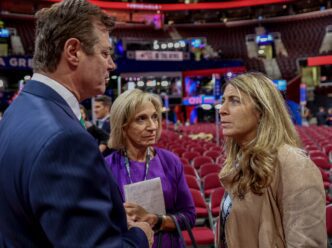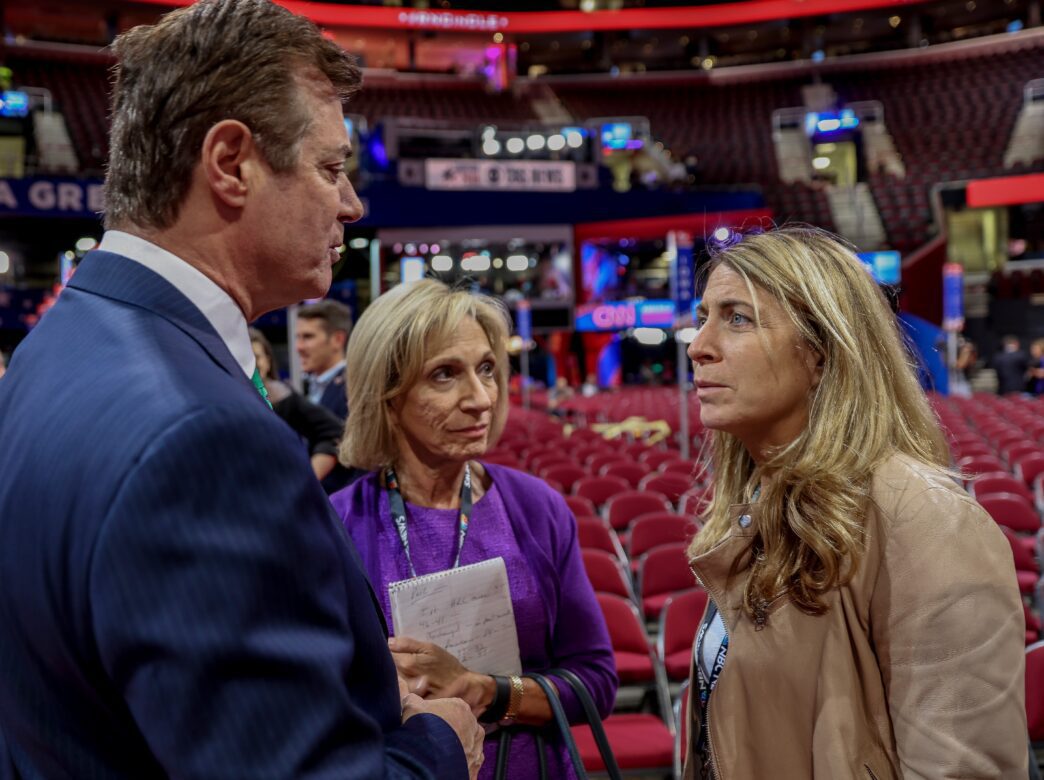Executive Summary
- BBC Director General Tim Davie and CEO of News Deborah Turness resigned on November 9, 2025, amidst intense scrutiny over the broadcaster’s impartiality and alleged bias concerning a controversially edited speech by President Donald Trump.
- The controversy stems from allegations that the BBC broadcast a “doctored” version of President Trump’s January 6, 2021, speech in a Panorama documentary, misrepresenting his words regarding Capitol Hill rioters.
- The high-profile resignations underscore the significant pressures on public broadcasters to maintain strict impartiality and highlight ongoing debates about media integrity and the perception of bias in news reporting.
The Story So Far
- The resignations of the BBC’s Director General and CEO of News followed a period of intense scrutiny and criticism regarding the public broadcaster’s impartiality and alleged bias. This controversy was specifically ignited by a controversially edited speech by President Donald Trump featured in a Panorama documentary, which critics alleged made it appear as though he encouraged Capitol Hill rioters by misrepresenting his actual words.
Why This Matters
- The resignations of the BBC’s Director General and CEO of News, prompted by allegations of biased coverage concerning President Donald Trump, underscore the intense pressure on public broadcasters to maintain strict impartiality and highlight ongoing global debates surrounding media integrity, editorial standards, and the critical perception of bias in news reporting.
Who Thinks What?
- BBC Director-General Tim Davie and CEO of News Deborah Turness acknowledged “some mistakes” were made in the BBC’s operations, took ultimate responsibility, and resigned, though Turness denied that BBC News is institutionally biased.
- President Trump’s allies, including Donald Trump Jr. and press secretary Karoline Leavitt, strongly criticized the BBC, labeling it “dishonest,” “100% fake news,” and a “propaganda machine” for allegedly broadcasting a “doctored” version of a speech by President Trump.
- Lisa Nandy, the UK Secretary of State for Culture, Media and Sport, thanked Tim Davie for his work and emphasized the critical importance of “trusted news and high quality programming” for democratic and cultural life.
The BBC’s Director General Tim Davie and CEO of News Deborah Turness resigned on Sunday, November 9, 2025, from their roles in London. Their departures follow a period of intense scrutiny and criticism regarding the public broadcaster’s impartiality and alleged bias, specifically concerning a controversially edited speech by President Donald Trump that was featured in a Panorama documentary.
Resignations Amid Controversy
The controversy stems from allegations that the BBC broadcast a “doctored” version of a speech by President Trump. The edited footage reportedly made it appear as though he encouraged Capitol Hill rioters by telling them he would “fight like hell” and walk with them.
An internal whistleblowing memo, reportedly seen by the British newspaper The Telegraph, detailed the alleged misrepresentation. The memo indicated that Trump’s actual words on January 6, 2021, were: “We’re going to walk down to the Capitol, and we’re going to cheer on our brave senators and congressmen and women.”
Leadership Statements
In a statement to staff, Davie affirmed that his resignation was “entirely my decision.” He acknowledged that while the BBC was “delivering well overall,” “some mistakes” had been made, for which he took “ultimate responsibility” as Director-General. He also committed to working with the BBC board to facilitate a smooth transition to his successor.
Turness, who announced her resignation concurrently, stated that “the ongoing controversy around the Panorama on President Trump has reached a stage where it is causing damage to the BBC – an institution that I love.” She added that “the buck stops with me” and confirmed she had offered her resignation to Davie on Saturday. Despite the controversy, Turness maintained that “recent allegations that BBC News is institutionally biased are wrong.”
Political Reactions
The allegations drew sharp criticism from figures associated with President Trump. Donald Trump Jr. shared the report on social media, criticizing UK reporters as “dishonest.” Furthermore, Trump’s press secretary, Karoline Leavitt, reportedly blasted the BBC as “100% fake news” and a “propaganda machine,” asserting that British taxpayers are being “forced to foot the bill for a leftist propaganda machine.”
In response to Davie’s resignation, Lisa Nandy, the UK Secretary of State for Culture, Media and Sport, thanked him for his work. Nandy emphasized the critical role of “trusted news and high quality programming” for democratic and cultural life, particularly in the current global climate.
Implications for Public Broadcasting
The high-profile resignations of two senior BBC leaders underscore the significant pressures on public broadcasters to maintain strict impartiality, especially in their coverage of prominent political figures. The incident highlights ongoing debates surrounding media integrity, editorial standards, and the perception of bias in news reporting.








